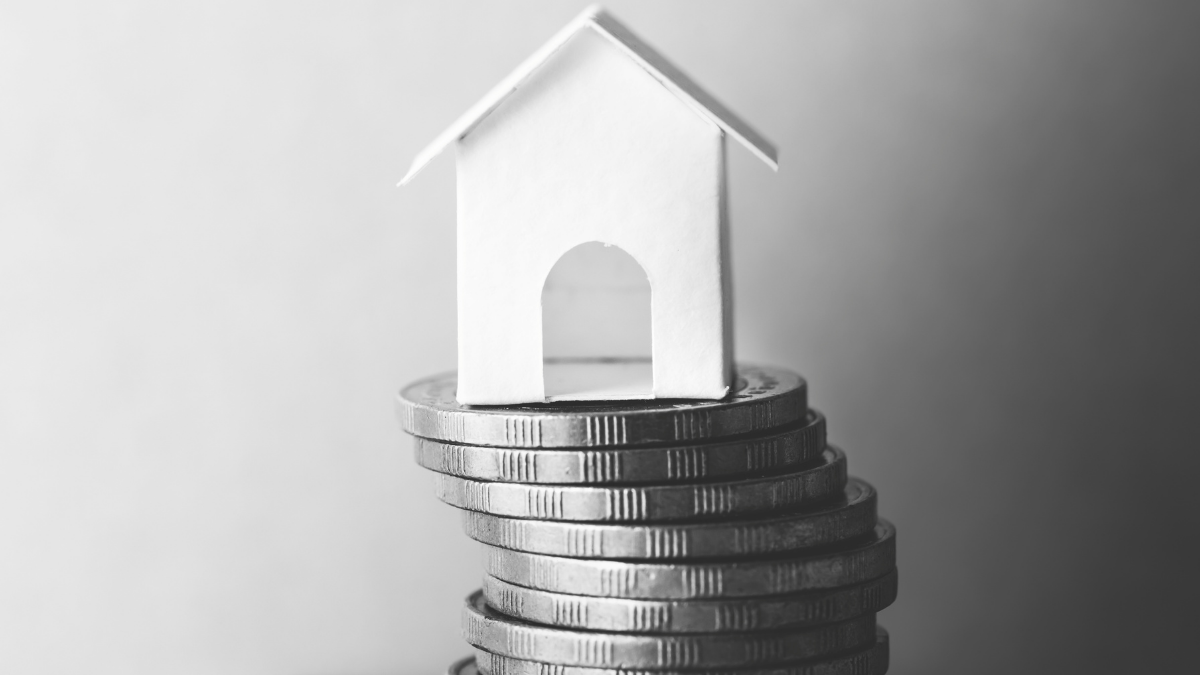
Why is home equity important while buying a home?
November 8, 2021 . Fundamentals Of Home Buying . 10 min readAs the official definition states, “Home equity is the value of a home owner’s interest in their home.” In simple words, home equity is the original (current) value of your house at the current market rate. It is basically the difference between the mortgage and the current worth of your home.
The house equity can be calculated as follows –
Step 1 – Find the current value of or the estimated market value of your house
Step 2 – Check the last loan/mortgage statement and calculate how much loan is left to be repaid.
Step 3 – Equity = Current market value of the house – total outstanding payment towards loan or liens.
Buying a home is a long-term investment. The sum of money involved as you buy a house is significant. People often choose to or prefer to take a home loan when they decide to buy a house. However, one often gets confused in understanding the difference between a home loan and a home equity loan.
A home loan is a loan that one takes in order to buy a new home. On the contrary, a home equity loan is a loan taken by keeping the owned home as a mortgage.
House equity increases as you repay the home loan. It also increases if the overall value of your house increases.
Whenever we choose to buy a new home, calculating home equity becomes extremely important. This is because the house works as a convertible asset when there is a dire requirement of finance.
How to use home equity?
HomeCapital lists the ways in which you can use your house equity in the future.
- For getting a loan – A house can work as an asset that can be used as security against the loan. Especially, if you know the exact amount that you need to borrow, home equity can be a great option for you.
- For buying a new home – Many individuals practice buying a less costly home as their first home. They then choose to upgrade with time as their financial situation stabilizes. The equity that increases over the years for their first brought property can be used for the down payment of the new home.
- Getting a home equity line of credit – This feature is the best choice if you do not know the amount of money that you will require exactly. Home equity line of credit (HELOC) tends to allow you to receive about 80 to 85 percent of your home value. This is contrary to receiving the lump sum loan amount at a go. You can use HELOC to borrow money as needed but the rate of interest shall be variable based on the trends when you borrow.
- Cash-out refinancing – This allows you to create a new and larger mortgage on your home. When an old mortgage is replaced with a new mortgage and if the new mortgage is more as compared to the old mortgage balance, cash-out refinance is possible. In cash-out refinance, the difference between the two mortgages is paid to the loan taker.
What are the advantages of using house equity?
Following are the advantages of using house equity:
- When you secure a loan against your house, it allows you to get the loan at a comparatively lower interest rate.
- This can be an added advantage at the time of filing tax returns.
- Having immediate liquidity quickens the process and hence you can borrow or receive the 80 to 85 percent amount.
- It can act as a security deposit for your future.
- During the period of retirement, you can use your house equity in order to gain the benefit of the reverse mortgage. Through reverse mortgages, you can get a loan against considerable equity which your heirs can later list and sell.
As we know, buying a house involves a lot of investment. The house equity works as a return on that investment. It acts as an asset. Hence, when you are in the middle of the process of buying a house, it is advisable to check the house equity value.



